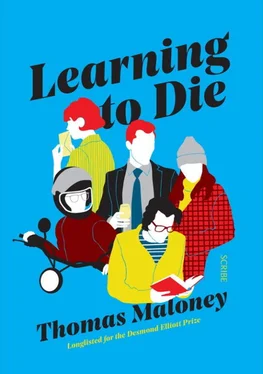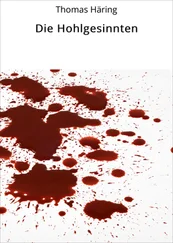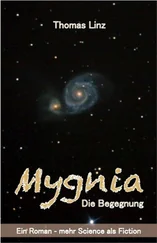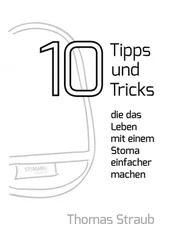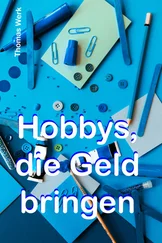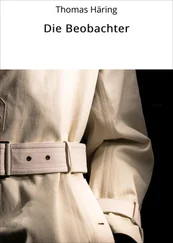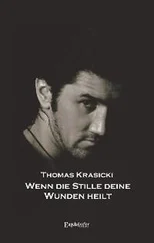Montaigne
Natalie Mock drifts from one room to another. Dan is in all of them, and none of them. Oddly, stupidly, it’s her birthday today. He’s not here to. He’s not here.
Mike is coming round in. To help. Now that the funeral is done and. Over. Mike said his few words very well. Couldn’t have asked for. He said Dan was a cautious man. Planned everything, he said, except the best and worst things that ever happened to him. Dan did think that, yes. Their marriage a miraculous accident. Perhaps. Mike hardly mentioned the disease. Said Dan was everything he, Mike, ever wanted to be. His quiet genius an inspiration. No sense of humour, though. He said.
But now it’s over. Maybe it’s time to. Just a bit of tidying up. Sorting out. Putting away.
She perches on the edge of Dan’s reclining chair — the chair in which he died. Died, yes: that’s the word for what Dan did. She switches on his computer and types the password. There is the familiar background picture of a galaxy, but all the icons have disappeared. All except one — a document nestled in one of the galaxy’s spiral arms. For Natalie . She clicks. A document.
Dear Natalie,
How do you say goodbye when it’s forever? I give myself two chances to get it right: in person and in this short letter. If I get it wrong, I’m sorry — I know you will forgive me.
You once suggested I publish a record of my illness, and I refused, saying I would leave public introspection to the artists. But I thought about what you said, and started keeping a private diary. A place to say the things I couldn’t say to you in that stupid electronic voice, I thought. Something for you to remember me by. I didn’t write every day. I often felt better after writing it, but as the months passed and the entries multiplied, it occurred to me that the Dan presented in those pages might not be the Dan I wanted you to remember. The diary had become an outlet for all the self-pity and despair that I was determined to conceal. It was a true likeness, perhaps, but a partial one, and not my better side. I felt I trusted your memories more.
And you wanted us to have a baby. I said no: I gave you my reasons. Then, for no reasons whatsoever, the universe said no too. I thought about what you wanted, and about the steadfast, generous love I couldn’t understand and didn’t deserve, the love that wanted to open a path even beyond my death. I contacted a fertility clinic and discussed the possibility of leaving a sample in storage, a surprise gift for you to use or not use after I was gone. But then I began to change my mind. I sensed an alteration in you, perhaps. A different cord of strength: a possibility that you would, after all, build a future without me, as I’ve always hoped. My little gesture might threaten that, I thought — might send you the wrong message.
These gifts, these parts of myself — the diary and the DNA — I have decided not to give you (I deleted the diary and dismissed the clinic). Why am I telling you this? Because I want you to understand that you already have the best of me, safe and sound. What you have truly lost could not be saved, and what you have saved will not be lost. The rest is nothing.
What can I say of us? I can only thank you for what we had: for our bodies soldered, glued together so snugly that rolling apart must surely tear the skin. For your limitless capacity to surprise me — seeming distracted, uninterested, unsympathetic for a moment, and then looking at me in that way you have, as though you saw right down to the bedrock. For the wise humanity that you placed alongside my pedantic reason. We were a good team. I’m sorry we were so skewed at the end, that you gave so much and I could only take.
Others have given you the support I could not. New bonds have been forged. You know how I feel about my friends: how long I’ve known them, how I rate their strengths and their considerable weaknesses. But what I think doesn’t matter now. The world is yours, not mine. The world and the choice are yours absolutely.
I’m sorry we couldn’t journey further together, grow old together. But I’m glad we did journey together, you and I. If true love could really perform miracles, as it does in the fairy tales — but it can’t, of course. Or maybe it has.
Thank you.
With love, Dan
Natalie stares at the letter through her tears. Reads it again from the top. Can’t believe it. Likeness. Clinic. Bedrock. She doesn’t want to close the file in case it’s somehow lost; drags it to one side of the screen to see if there is anything else. But there is nothing else.
Nothing else. She looks up at the wall, where the portrait she didn’t draw doesn’t hang. You have the best of me, safe and sound . What did he mean? She gets slowly to her feet and drifts into the gloomy hall, where her eye is drawn to the small mirror hanging beside the coats.
It’s just her puffy face, looking back. But when she sees her face, she can see his face too, as it used to be: magisterial, patient, brimming with nerdy exuberance.
‘What does the F stand for, anyway?’
James F. Saunders peers out between the curtains across the broad, wet, lamp-lit street. Over the lowest of the shops opposite he can see faint headlights crawling along the coast road on the other side of the bay. He’s learned that you can love two women, and be true to both of them. He quietly, copiously radiates gratitude for Brenda’s change of heart — that she did not merely take him back, but sought him out freely, makes all the difference to them both — and wonder, too, at her strength and restless courage, and fierce solicitude for her vulnerability. Every night he lives out a parallel life with Becks in his dreams. Two emanations of the same self. The lost novel has risen again, inarticulate now, of no service to humanity, subsumed in the imperfect structure of his soul.
‘James?’
As he turns from the window, James is aware of a slight sensation of pressure, a restrictive ache in his head or in his chest, or maybe both. He blinks and rolls his shoulders, and it goes away. The questioner is Mike, sat behind a sort of Giant’s Causeway of tottering book piles. Economics, business and finance. Incomprehensible to James, and with offensive titles — he was going to toss the lot, but since Mike’s here he might as well check for any hidden gems.
‘James? The F?’
James looks at Brenda, just in from her evening run, sitting on the floor with one lycra-clad leg outstretched, touching her toes; apple-cheeked, the sleet still melting in her hair. As she shifts from one stretch to another, her body leaves moist imprints on the floorboards. At the suggestion of her doctor, she has started a blog. The Chainsaw Diaries . The entries — a dozen so far — are a sort of piss-take, with careless snaps of the back of the van, muddy boots, bad weather, her packed lunch, surrounded by equally careless prose littered with typos, grocer’s apostrophes and outdoorsy slang. After barely a month she has ten times as many followers as the pithy erudition tweeted by Upstart Books.
If he was dying, and he could choose anyone in the world to care for him, it would be Becks. Yes. But he’s not dying.
‘James?’
He turns to his friend — millionaire, player of the field, the one Becks loves — smiles broadly and replies with a Portuguese flourish.
‘ Fortunato .’
Natalie Mock waits while her mother fills the teapot, assembles the tray and carries it solemnly to the table. This potent, versatile ritual with its amulets, incense and porcelain song. When at last the two cups are filled and consecrated and stand between them, her mother heaves a slow, preparatory sigh.
‘Well, my love. My poor love.’
‘Well.’
Читать дальше
